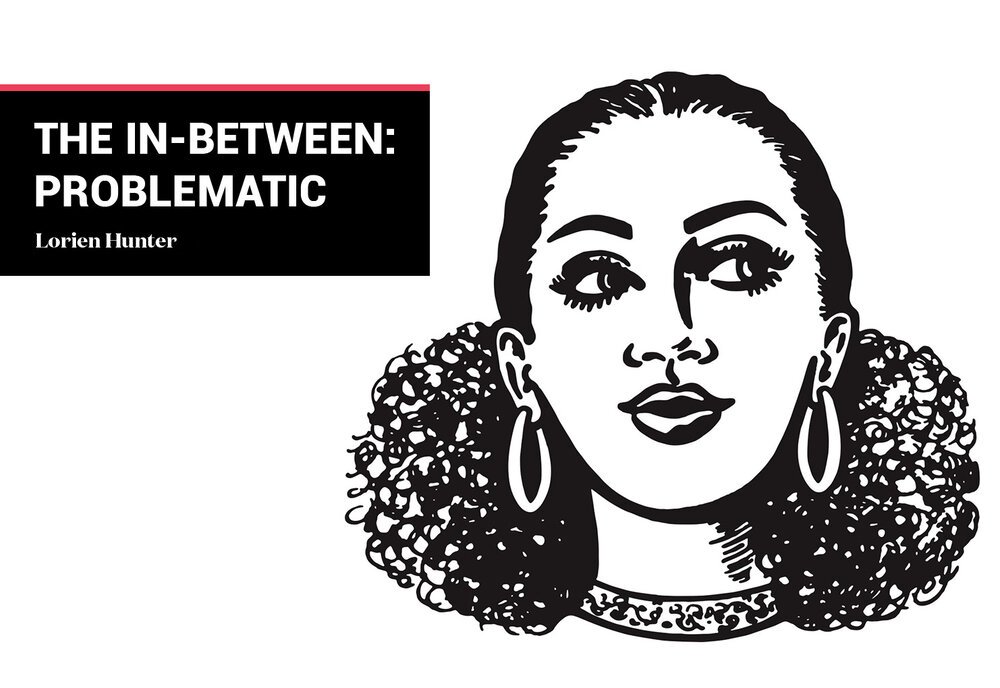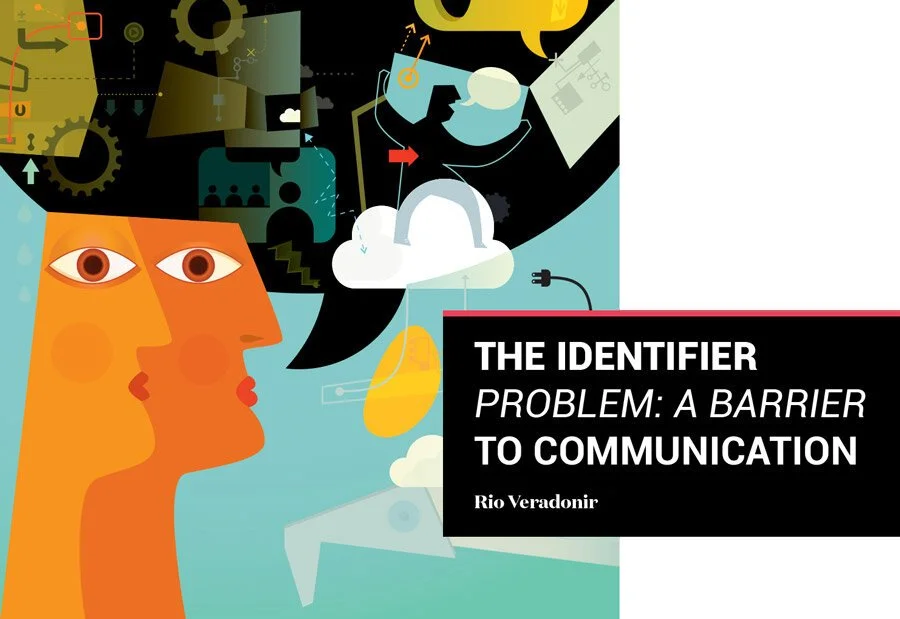Elitism in the Queer Community
When the phrase “identity politics” comes up in conversation, my friends usually have one of two responses: they either rub their hands together expectantly, excited to delve right in, or they roll their eyes. It’s not that the eye-rollers are any less progressive than the hand-rubbers — they both recognize the need to discuss issues of race, class, sexual orientation, and gender. It isn’t even that they are tired of hearing the same old echo chamber of “woke” leftists aggressively patting themselves on the back, which even I’ll admit, can be exhausting. It’s often that they don’t feel like they can partake in the discussion (or don’t want to) because the language involved is so inaccessible and elitist.
I am grateful that my parents spared no expense on my education. Because of them, I was able to attend Vassar College, where I took courses in sociology, women’s studies, anthropology, queer theory, and others. There, I learned how to speak about identity politics using academic language, so when the topic comes up, I can say things like: “Non-binary depictions of gender help to eradicate toxic hypermasculinity and dismantle hegemonic heteronormativity,” when all I really mean is: “This picture of a man wearing a dress shows that it is okay for men to embrace their more feminine side. I hope to see more pictures like it because I think it can help men.” The only way someone would know that, however, is if they too had learned to speak in this jargon-heavy manner. Unless the listener also took the same kinds of classes or read the same kinds of books, essays, and papers, it won’t make a word of sense to them.
Don’t get me wrong — I am not arguing that academics or highly-educated people need to “dumb down” their arguments when discussing identity politics, because that isn’t the issue — no one here is dumb. Most people are perfectly capable of understanding these concepts, but not everyone has read the Judith Butler anthology fifteen times. If the object is to have a conversation where we exchange ideas and reach a greater understanding, then why don’t we just opt to speak more clearly and comprehensively?
I suspect there are two reasons. First, some people seem to derive a sense of elitist pride from using esoteric terminology. I would even go so far as to say that it borders on a fetish. All those big words may make their connoisseurs feel distinguished and superior, but they do nothing to advance the movement. The pride folks take in the fruits of their dense academic labor is all very fine, but if we can’t share our knowledge with other people, what is the point?
Second, as many who have tried to communicate more simply have realized, sometimes it can actually be harder to describe complex ideas in plain language (a challenge I encountered when writing this piece, for instance). Although it is not easy, if you are one of those people who takes pride in your mastery of theory and jargon, then you should also take pride in being able to make it accessible. Roxane Gay is a perfect example of this. Obviously brilliant, well-read, and one of the best writers of the twenty-first century, she still manages to communicate her thoughts on identity (and many other topics) in a manner that is deeply personal, relatable, and digestible. I suspect that a big part of why she has such a vast following in both popular and academic circles is precisely because people can understand her and are thus able to appreciate her brilliance.
This trend toward elitist language in queer spaces is counterproductive in other ways as well, as it can lead to shaming those who don’t use it properly. Not only does this practice increase hostility within the community and beyond, but it also reduces the number of voices and perspectives heard by discouraging engagement. Take my friend George, for instance. He once told me, “I don’t get what the difference is between genderqueer, gender non-binary, gender non-conforming, and I think there’s even more. And what even is pansexuality? Why can’t you just say bi? You date trans folks too.” Even though George himself is gay, he has been attacked by other members of the queer community: “I once called someone bi instead of pan and he straight up yelled at me. He didn’t even explain why it was so bad.”
Since then, George no longer participates in these conversations, which is disheartening. Because he is unsure of the “correct” terminology, he is afraid to speak up. Can you blame him? When we are so quick to pounce on others who clearly mean well, but simply don’t have the “right” language, what is their incentive to ask questions or share ideas and risk making a mistake?
Our goal should be to create a more egalitarian society. Language is the biggest tool we have to understand one another, so the best way to create this society is to use it in a way that allows everyone to join in. After all, equal access to participation is an important part of a healthy democracy. So why not use language as it was actually intended: to relay information to one another. You shouldn’t need a master's degree in gender studies to participate in the conversion. It affects us all — and it should involve us all.
Published Oct 17, 2019
Updated May 15, 2023
Published in Issue III: Language









